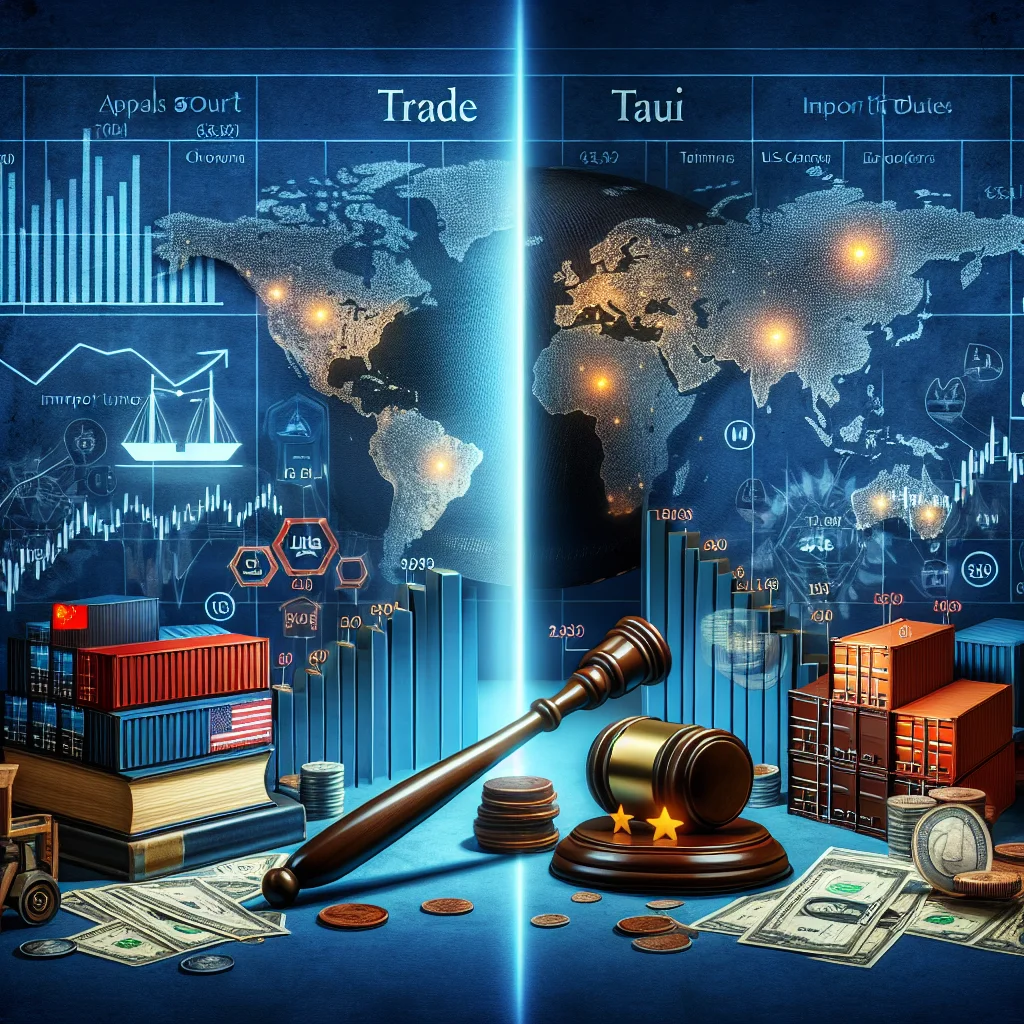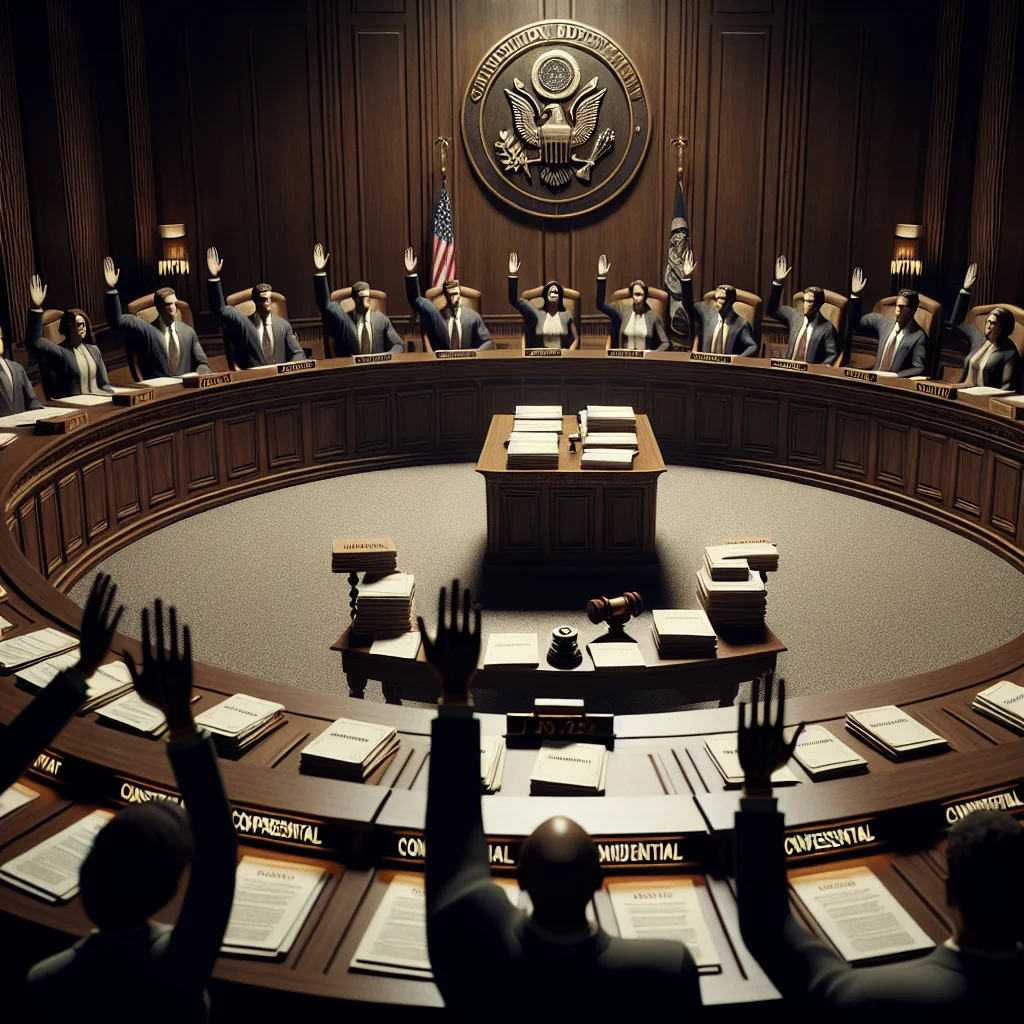
Washington, D.C. — On Thursday, a federal appeals court convened to hear arguments in a high-profile legal challenge against tariffs imposed during Donald Trump's second term, as the ongoing trade war with China and the European Union expands. The outcome could have significant implications for U.S. businesses, consumers, and global economic relations.
Background on the Tariffs
In 2025, former President Donald Trump reintroduced broad tariffs on a range of Chinese and European imports, citing national security and efforts to protect American manufacturing. The policy extended tariffs on steel, aluminum, and consumer electronics, while also raising duties on automotive imports. The administration argued that these measures were necessary to rebalance trade and revive domestic industry.
Legal Challenge and Key Arguments
The lawsuit, brought by a coalition of major trade associations and importers, contends that the executive branch exceeded its authority under Section 232 of the Trade Expansion Act. Plaintiffs argue that the tariffs constitute an abuse of presidential power and have led to higher costs for American consumers and businesses.
Government attorneys maintain that the tariffs fall within the president's broad discretion to address threats to national security. They also argue that Congress has historically delegated significant authority over trade policy to the executive branch, especially in matters involving foreign adversaries.
Economic Impact and Trade War Escalation
The tariffs have intensified trade tensions, with China and the EU retaliating by imposing their own duties on key American exports, including agricultural products, machinery, and technology goods. The World Trade Organization is currently reviewing several related disputes, while U.S. industry groups warn of ongoing supply chain disruptions and increased inflationary pressures.
Next Steps
The appeals court is expected to issue a ruling later this year. The decision will likely shape future presidential authority over trade policy and could influence ongoing negotiations with key U.S. trading partners.
- The American Chamber of Commerce has called for a swift resolution to reduce uncertainty for businesses.
- Both the White House and Congress are closely monitoring the case, as trade remains a central issue ahead of the 2026 midterm elections.
As the trade war continues to widen, economic stakeholders across the country await clarity on the legal future of Trump's tariffs and the broader direction of U.S. trade policy.














